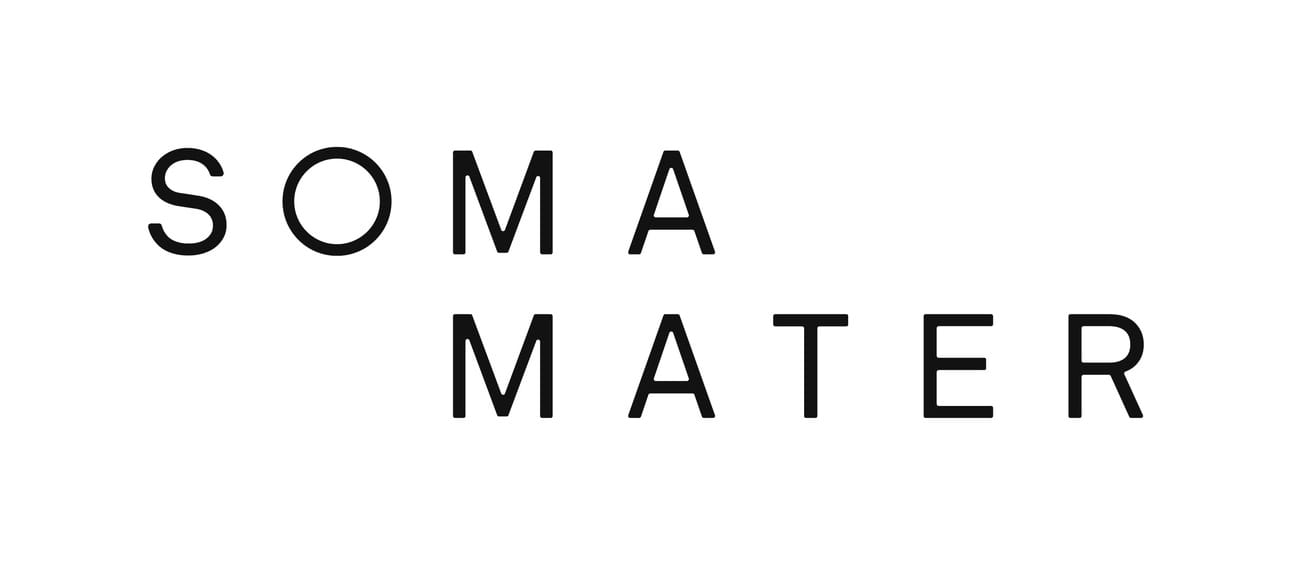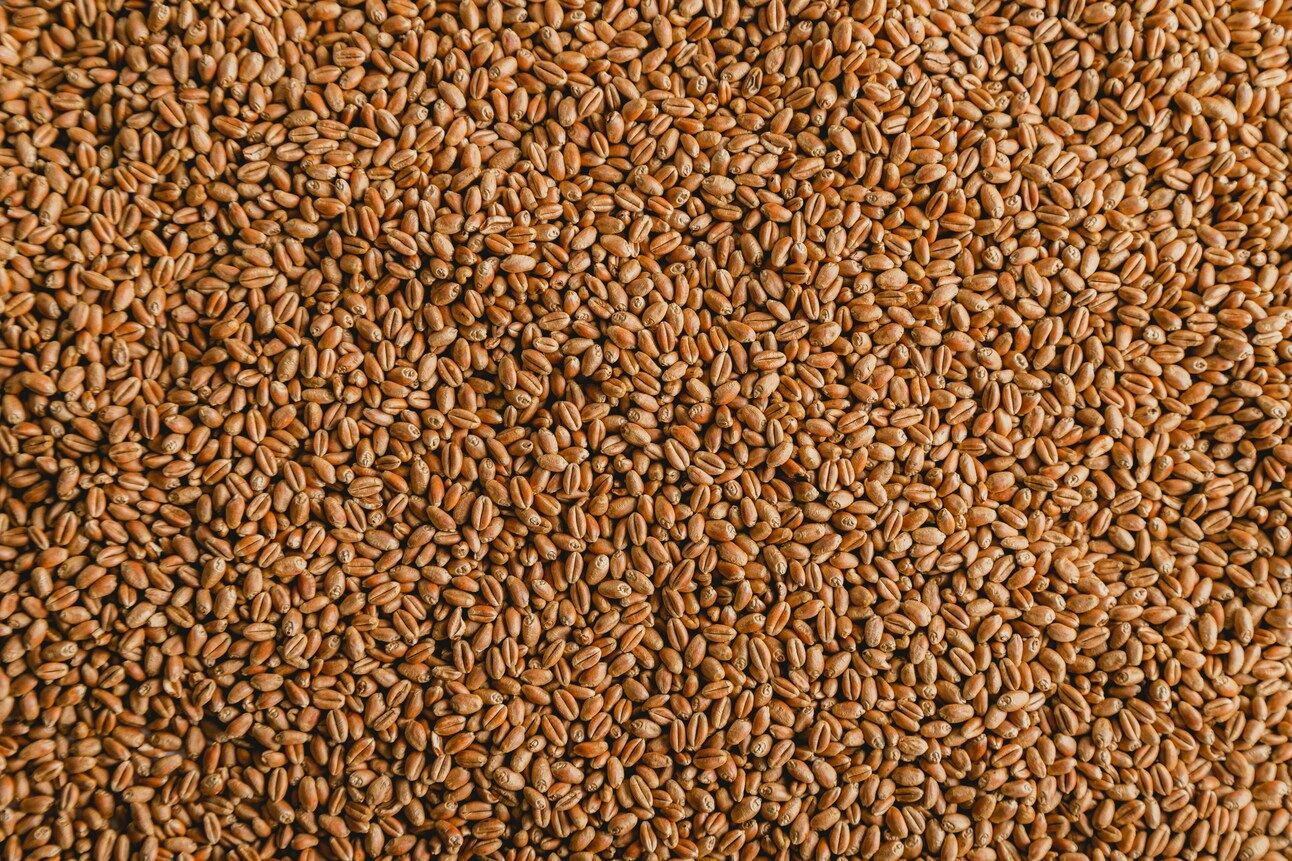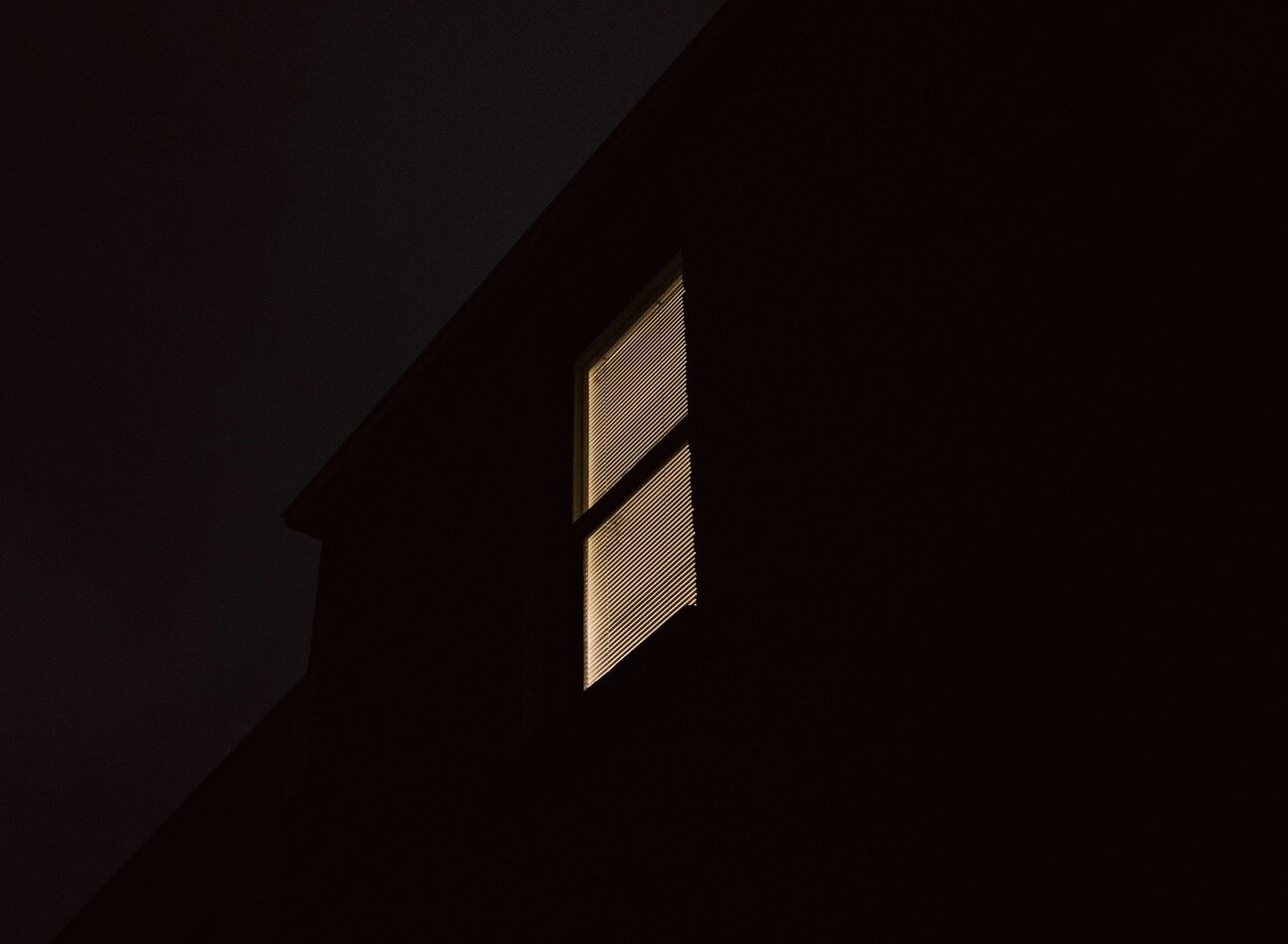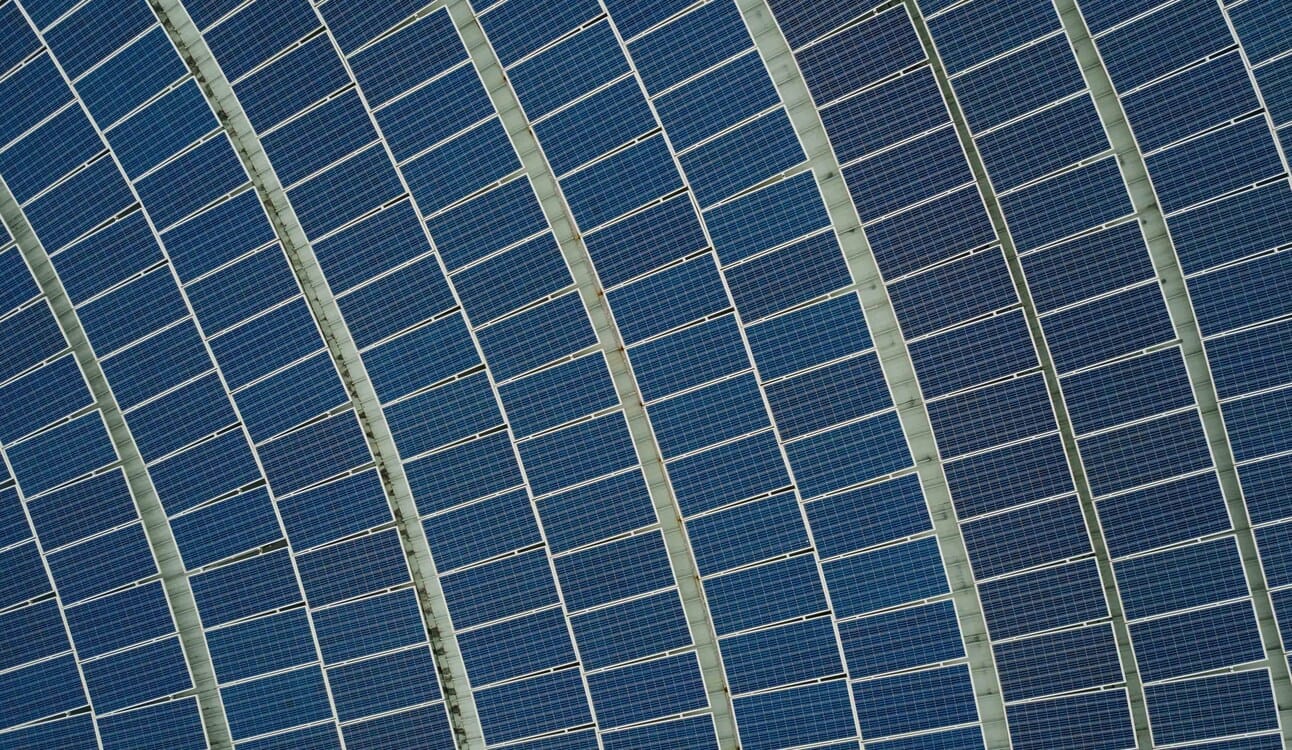- Soma Mater's Newsletter
- Posts
- Soma Mater Weekly Newsletter
Soma Mater Weekly Newsletter

Welcome to the SOMA MATER Weekly Newsletter.
This weekly newsletter highlights the top 3 stories from the past week in food systems and sustainability, along with SOMA MATER's analysis and perspective.
What is the Yecora Rojo strain seeds being distributed in the 3rd phase of Sharjah's wheat seed distribution initiative, and what are its characteristics?
What recent challenges is Kuwait facing in its electricity sector, and how do they reflect broader trends in the MENA region's energy landscape?
How do AMEA Power's recent renewable energy investments in Egypt their projects contribute to the country's clean energy goals?
Sustainably yours,
The SOMA team
Wheat a Minute! 3rd Phase of Wheat Seed Distribution in Sharjah Launched!
#FoodSecurity

The Sharjah Department of Agriculture and Livestock (SDAL) launched the 3rd phase of its wheat seed distribution initiative, to bolster Sharjah’s food security and achieve self-sufficiency in wheat cultivation. Director Salem Abdullah Al Kaabi initiated this phase at the wheat farm, which will be distributing "Yecora Rojo" strain seeds.
The Yecora Rojo strain belongs to a class of Hard Red Winter Wheat and is considered a Modern Grain, developed from the mid 20th century to today. Modern grains are bred mainly for high yields and strong resistance to drought and disease. A study published in 2012 analyzed the seeds of 7 wheat cultivars, including Yecora-rojo. They were ranked as drought tolerant, moderately drought tolerant, or drought sensitive. On the basis of biomass and gas-exchange attributes, Yecora-rojo was found to be moderately drought tolerant.
This effort follows the successful distribution of 15 tons of wheat seeds to approximately 800 farmers across in the first 2 phases. The Department of Agriculture and Livestock provides the necessary support to farmers in plowing and harvesting operations, while the process of wheat seed distribution has been entrusted to the Wheat Growers Association.
SOMA’s Perspective:
The seed distribution is a sign of high coordination of wheat farming in Sharjah. This functional cooperation led by the Department of Agriculture and Livestock is how Sharjah is scaling this food security strategy. The structure of the Wheat Growers Association is also a sign of maturing cooperation in farming. This is needed in the region where limited land use with smallholders means scale of production is difficult.
Source:
“Watt’s The Matter?” Power Cuts Could Leave Residents In The Dark
#NetZeroTransition

Kuwait's Ministry of Electricity warned of successive power cuts in 5 residential areas due to emergency maintenance of electricity generation units. The high temperatures affected projections made by the Ministry of Electricity, Water and Renewable Energy.
In the beginning of September, the electrical load hit a critical 17,100 megawatts in the afternoon. The Ministry has called for reduced power usage in the afternoons and stressed the urgency of accelerating proposed electricity projects to ensure stable supply.
The MENA region is experiencing rapid population growth, which is directly contributing to an increased demand for electricity. According to data from the International Energy Agency, electricity consumption per capita in the MENA region has surged by 96% between 2000 and 2022. This significant increase reflects both population growth and rising living standards, which correlate with higher energy consumption. Countries like Kuwait are now having to adjust their infrastructure to accommodate for these changes.
SOMA’s Perspective:
Kuwait is one of the world's top five oil producers. Announcements of power cuts in a country like Kuwait are uncommon. This demonstrates that despite significant wealth and resources, countries in the region are susceptible to the impacts of climate change. The rising demand for power in the region is an upcoming obstacle that countries like Kuwait will have to accommodate through infrastructure and behavioral changes.
Sources:
https://www.eia.gov/todayinenergy/detail.php?id=61042#:~:text=Exporting countries in the Middle,Natural Gas Importers (GIIGNL).
AMEA-zing Power Play: Egypt's Surge in Solar and Wind Projects!
#NetZeroTransition

AMEA Power is a Dubai-based company that develops, owns, and operates thermal and renewable power projects in the region. AMEA Power recently announced an additional investment of US$800 million in 2 new renewable energy projects in Egypt. This will boost the company's total capacity in the country to 2,000MW of Solar PV and Wind projects, complemented by 900MWh of battery energy storage systems (BESS).
Their flagship, the Abydos Solar PV Project, is a 500MW power plant currently under construction. The project is set to generate 1,500GWh of clean energy annually and offset 782,300 tons of CO2 emissions. To enhance the project's efficiency, AMEA Power is also expanding the Abydos solar PV power plant with a 300MWh BESS, marking the first-ever utility-scale BESS solution in Egypt.
AMEA Power is also undertaking what will be the largest Solar PV and BESS project in Africa. This project will have a capacity of 1,000MW with 600MWh of battery storage. Together, these two projects will offset 2,347,000 tons of carbon emissions annually.
Another project in AMEA Power's portfolio in Egypt is the Amunet Wind Project. It will have a capacity of 500MW and expected to avoid 28,223,000 tons of CO2 over its lifetime.
SOMA’s Perspective:
These investments by AMEA Power represent a major step for Egypt's transition to renewable energy, setting new benchmarks for clean energy projects in Africa. Egypt is already a crucial energy hub for the region. It is increasingly attracting investments in renewable energy projects. This surge in green energy investments signals a broader shift towards sustainable power solutions in the MENA region.
Sources:
SOMA MATER is writing Intelligence Reports on the topics of Food and Water Security and Net Zero Transition. If you’d like to know more, contact us through the link below: